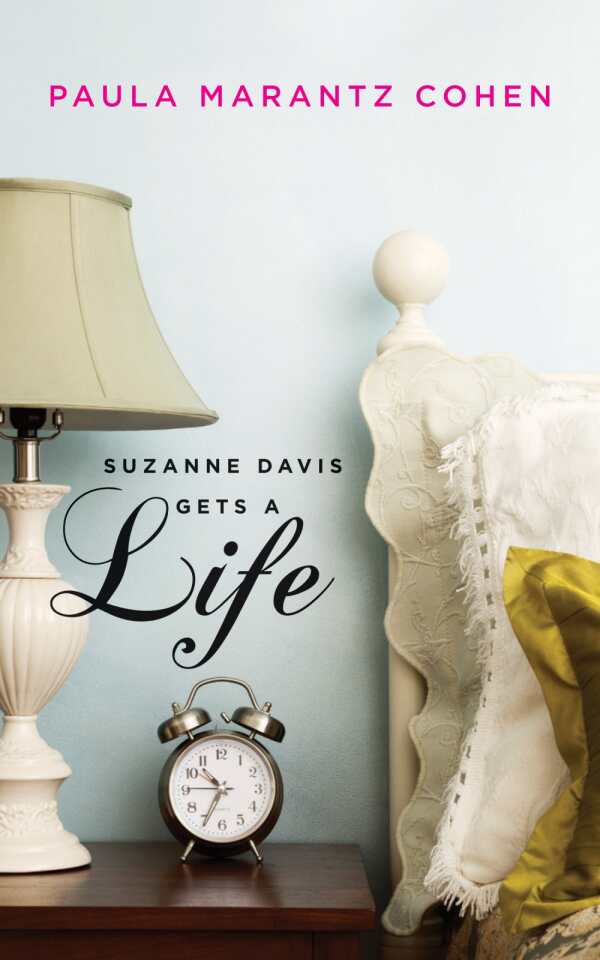Suzanne Davis Gets a Life
Both amusing and moving, this Austen-influenced romance comments on cancer, female expectations, and what makes a good life.
When Suzanne Davis takes stock of her life at age thirty-four, she has the following: a tiny New York City apartment in a good building, an overbearing mother, and an average job as a tech writer. What she decides she needs: a man, a marriage, some kids, and a lot of distance between herself and her mother. Though Davis has a plan for getting a life, cancer derails that plan, and in so doing, sets Davis up for a new understanding of herself and her relationship to her mother and the world. For fans of a contemporary sort of Jane Austen, Suzanne Davis Gets a Life will be a perfect match.
Marantz Cohen is a distinguished professor of English at Drexel University and the author of several novels about Jane Austen. Marantz Cohen’s love of literature is present in this novel, too, as protagonist Suzanne Davis has the same bright narration and blissful lack of self-awareness that plagues many an Austen heroine.
Like Emma before her, Suzanne Davis takes a proactive approach to finding love, launching a search which starts with befriending the moms in her building: “I would dig for meaning, direction and a soul mate in my own backyard. I’d get a life without leaving home.” This then leads to an invitation to a book club and a relationship with a man who is in the midst of an acrimonious divorce. Davis’s love life hits pothole after pothole before coming against a final roadblock in the form of breast cancer.
The book’s tone is light and engaging, perhaps at odds with the cancer which eventually brings Davis her romantic denouement. Marantz Cohen adds touches of literary allusion, both to Austen’s books and, amusingly, to her own, and keeps the narration sunny and bright. Though Davis faces cancer, she admits she has “pretty good cancer,” one with a strong prognosis.
Still, both her cancer and Jane Austen conspire to help her see her actions in a new way: “I wanted a life where I would be my best self, even if I never married or had a child or lived in an apartment bigger than a shoe box.” Thus, Suzanne Davis found a better life—not quite the one she expected, but one in which she could be her own worthy heroine.
Reviewed by
Camille-Yvette Welsch
Disclosure: This article is not an endorsement, but a review. The publisher of this book provided free copies of the book to have their book reviewed by a professional reviewer. No fee was paid by the publisher for this review. Foreword Reviews only recommends books that we love. Foreword Magazine, Inc. is disclosing this in accordance with the Federal Trade Commission’s 16 CFR, Part 255.

